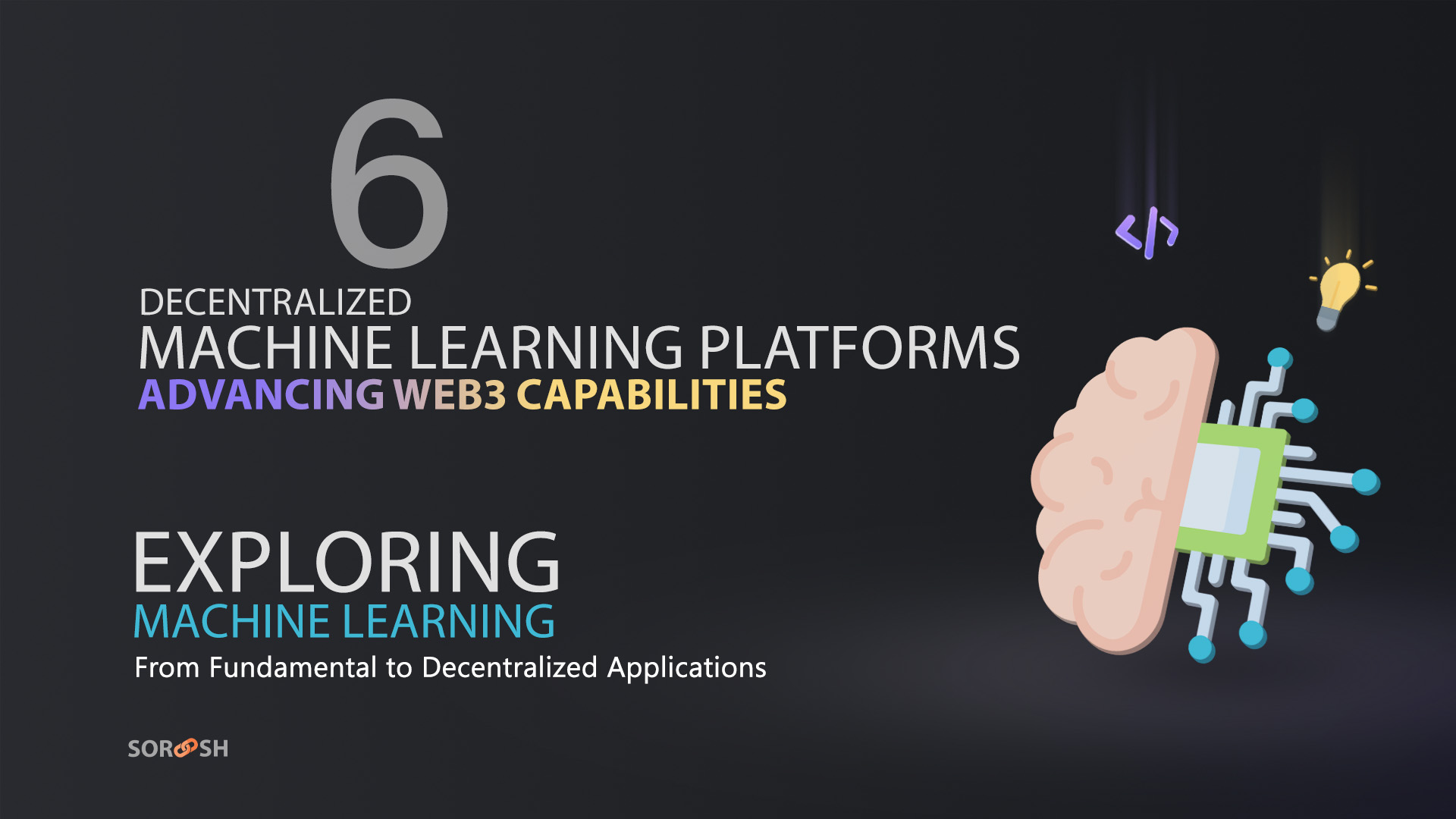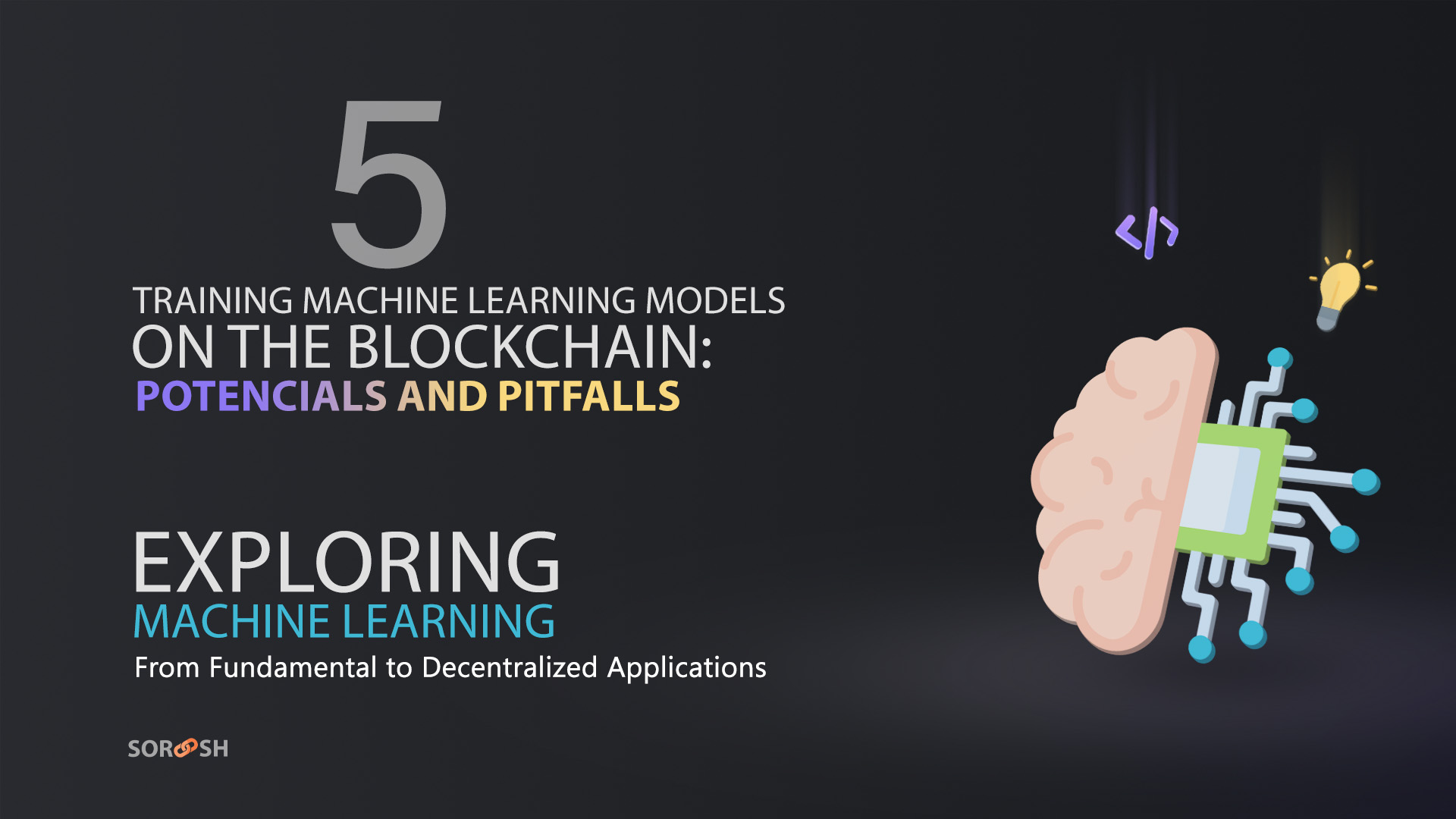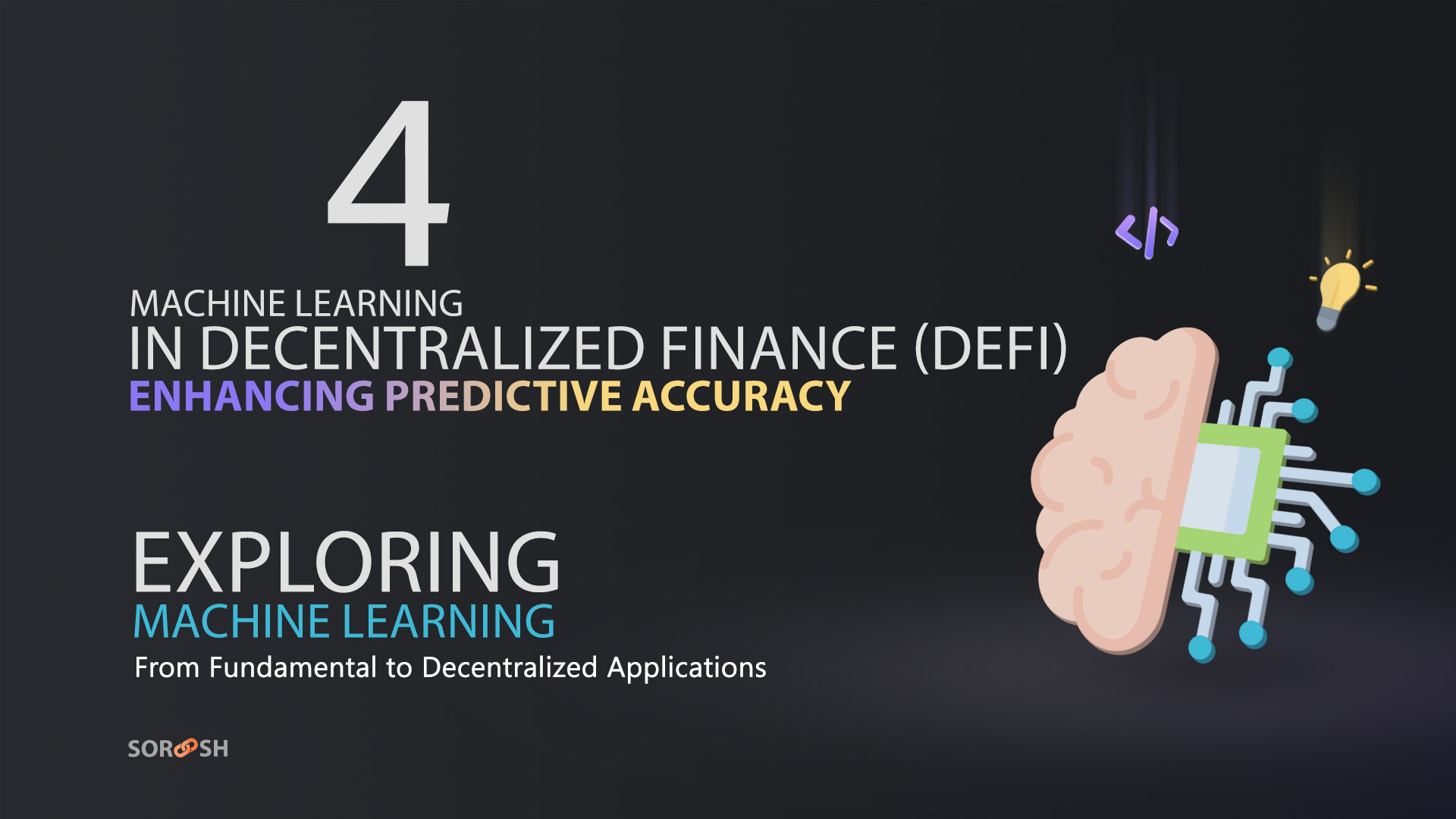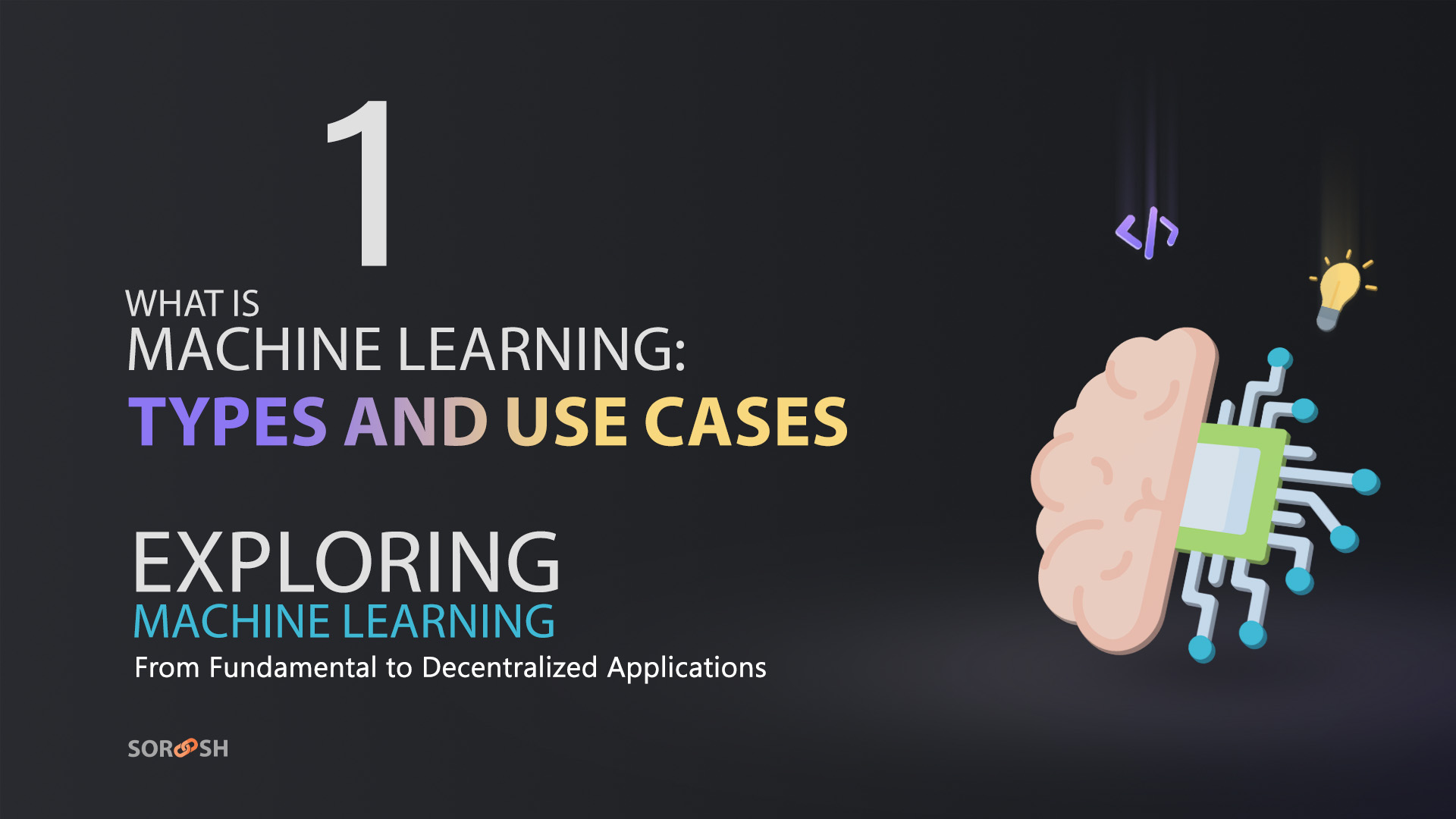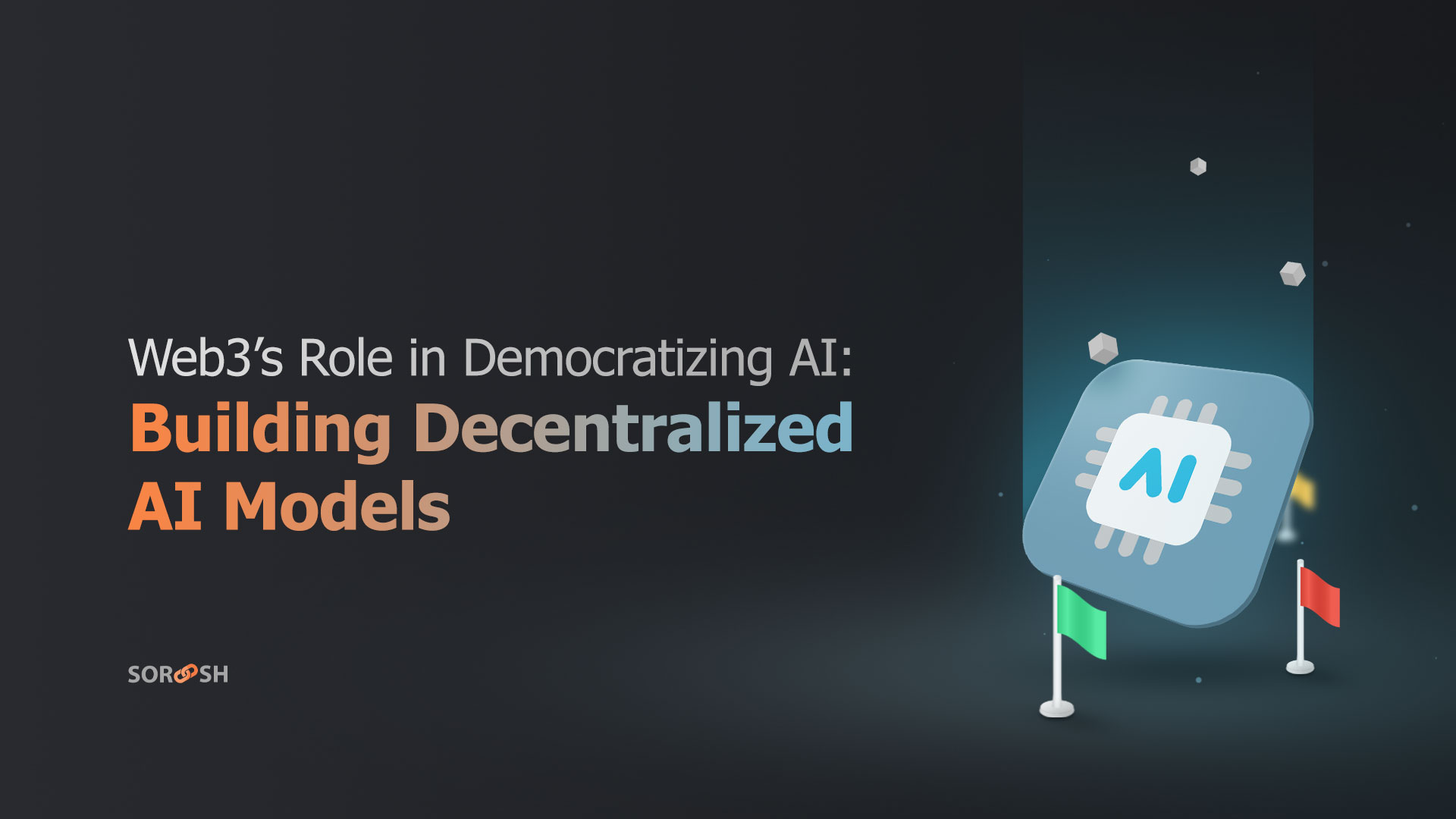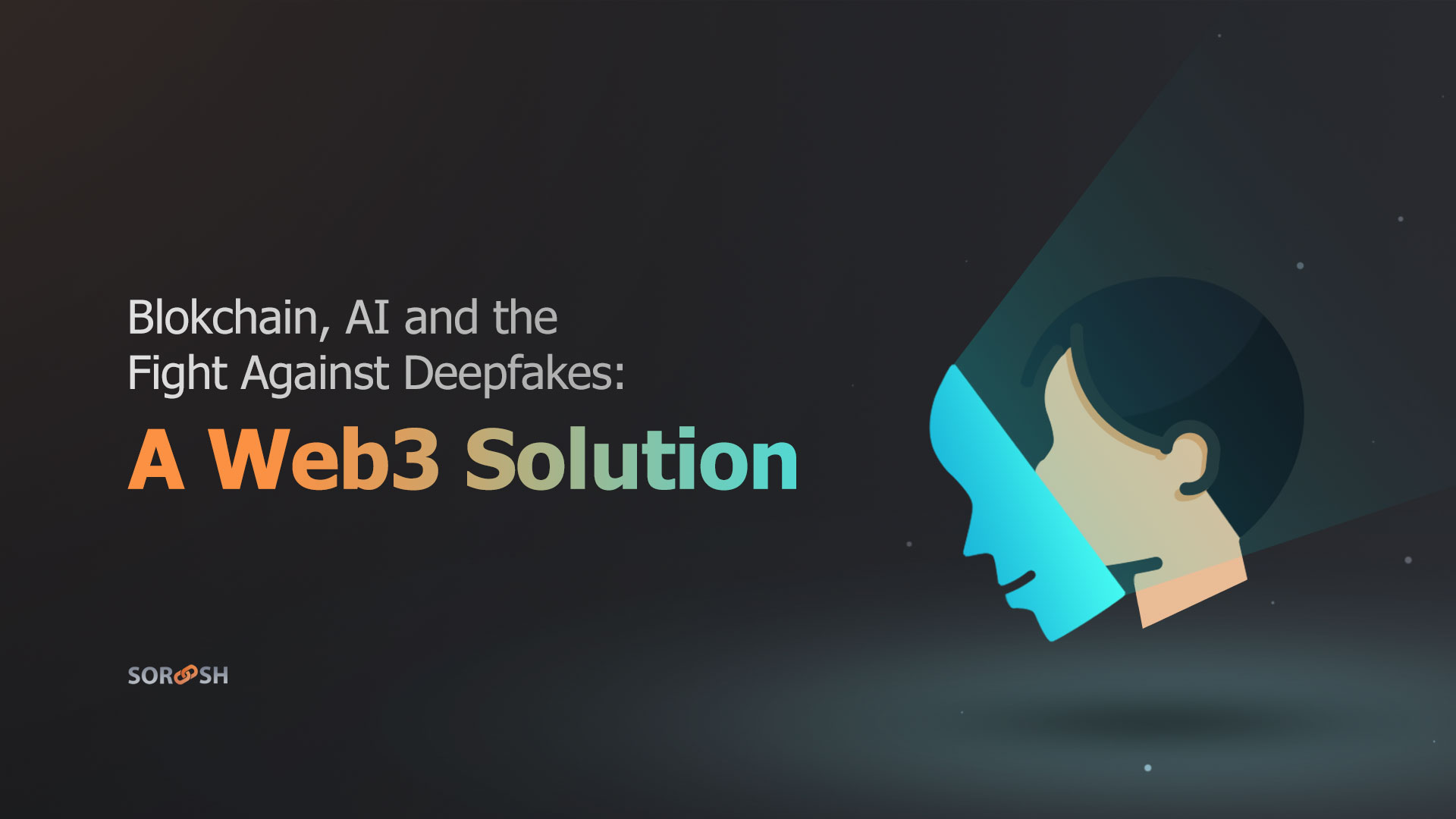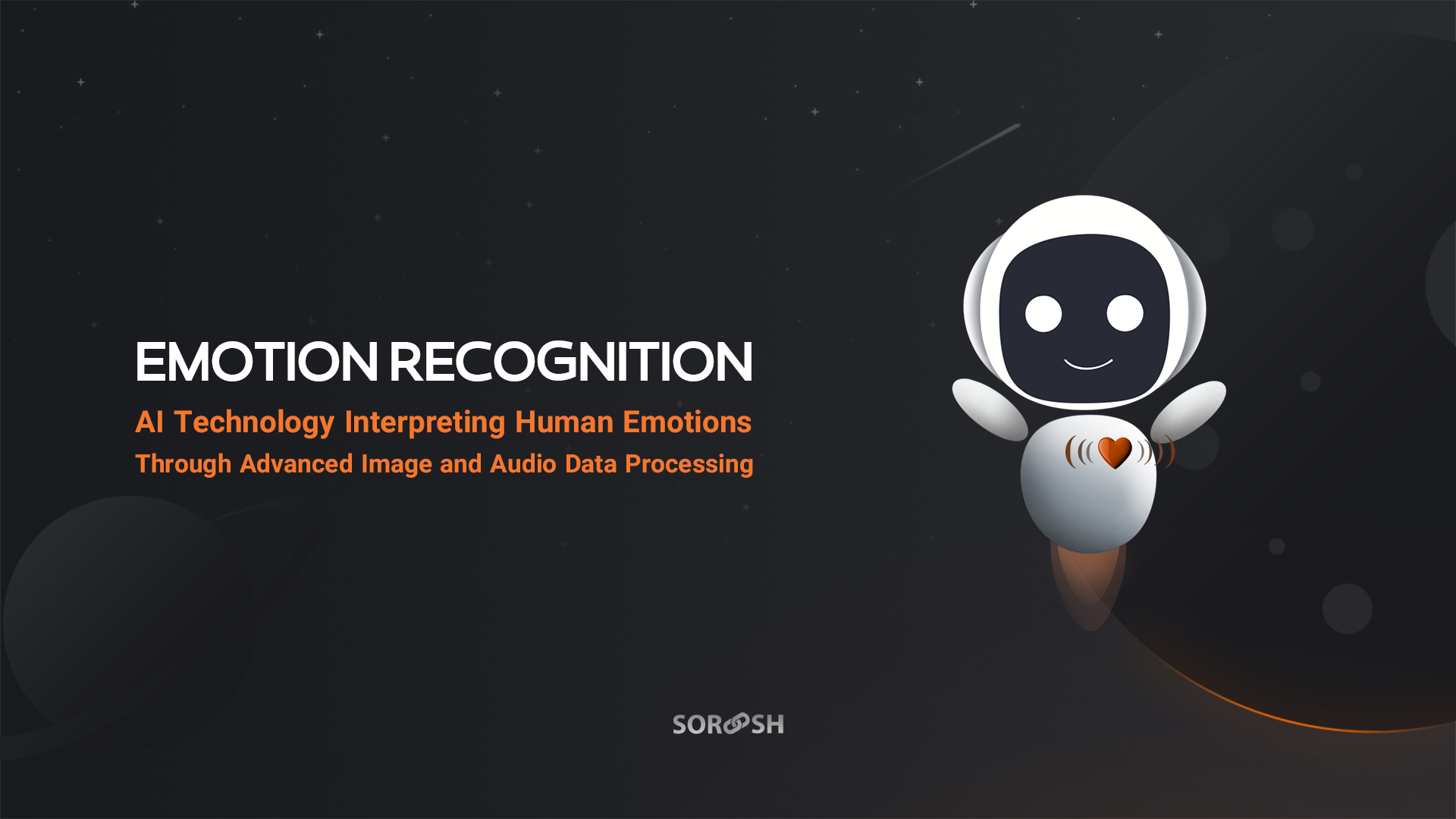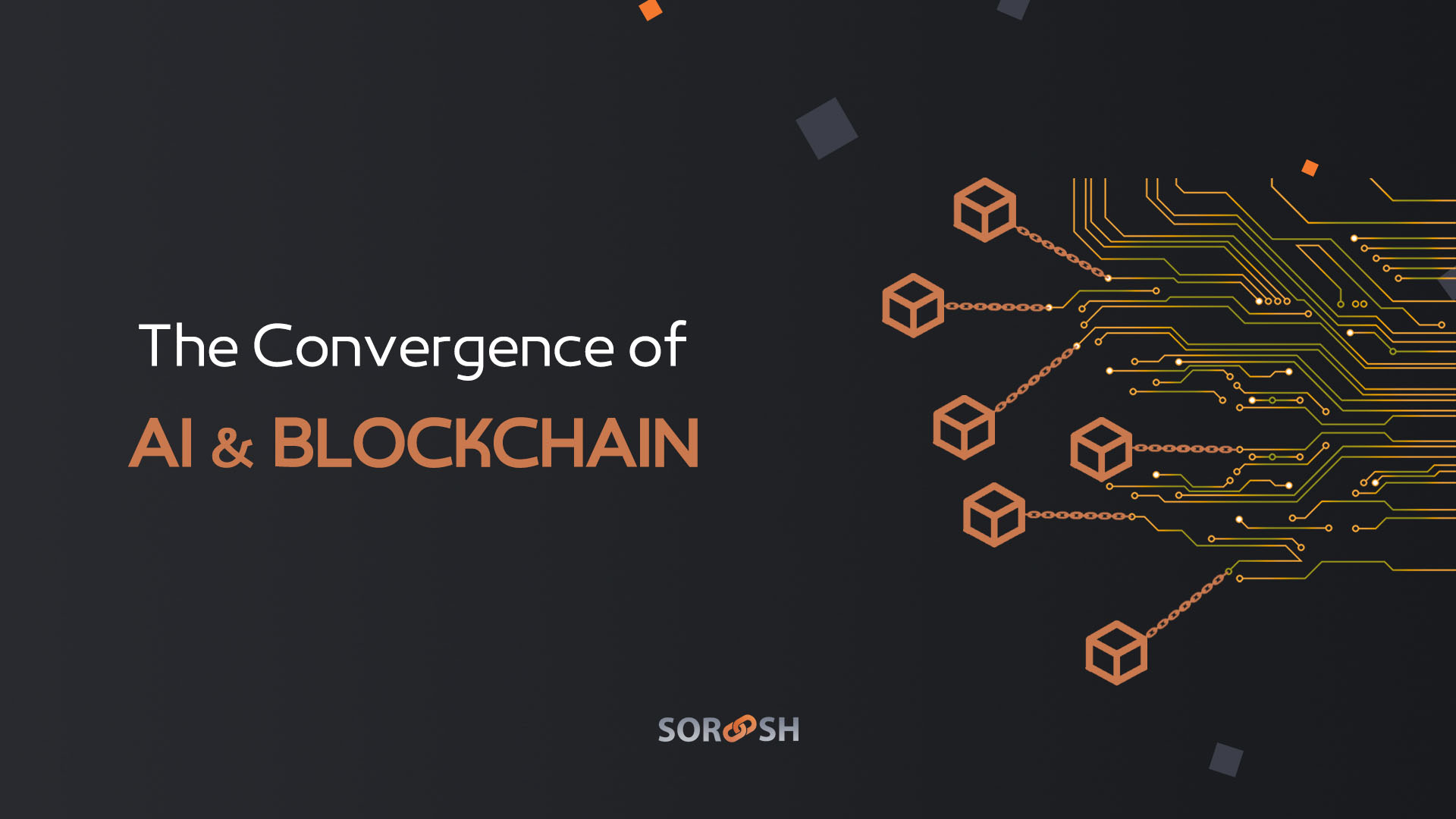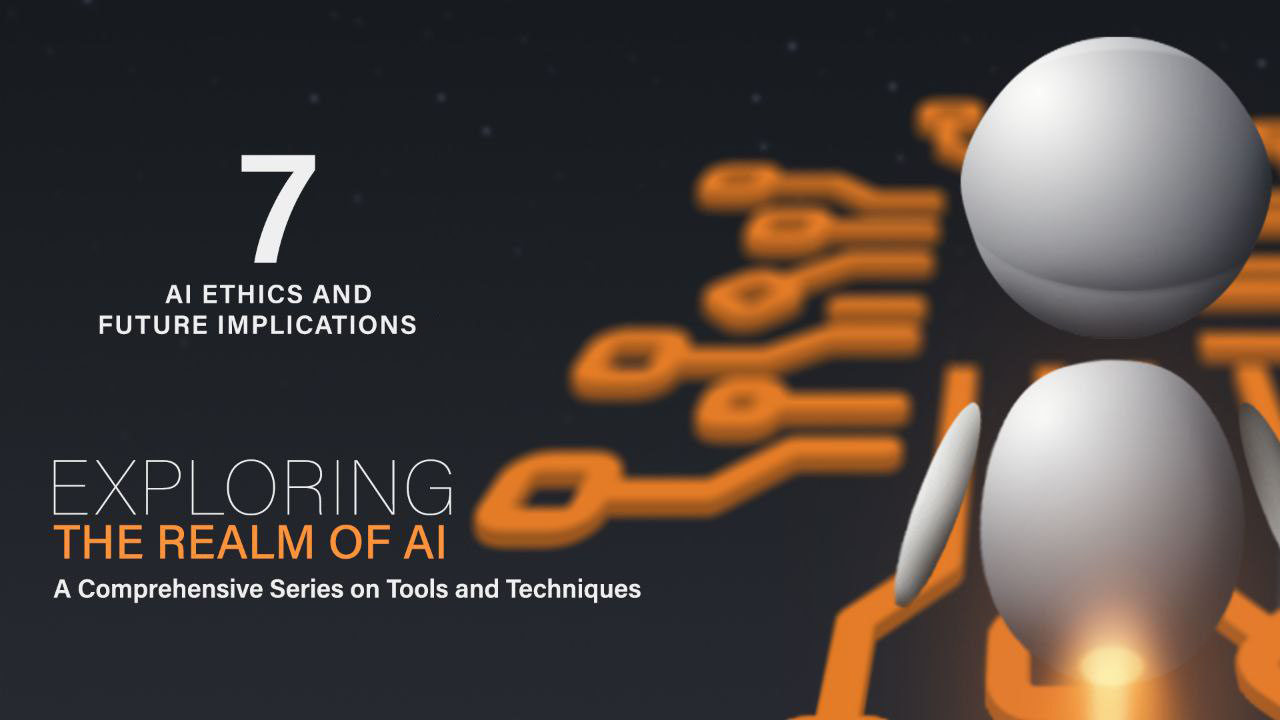

7. AI Ethics and Future Implications
Introduction:
Welcome back to our comprehensive series on AI. In this blog post, we will dive into the critical topic of AI ethics and explore the future implications of artificial intelligence. As AI continues to advance and integrate into various aspects of our lives, it is essential to consider the ethical considerations surrounding its development, deployment, and impact on society. Join us as we delve into the ethical dimensions of AI and discuss responsible practices for the future.
Ethical Considerations in AI:
1. Bias: AI systems can inadvertently reflect and amplify biases present in the data they are trained on. It is crucial to address bias to ensure fair and equitable outcomes, especially in areas such as hiring, criminal justice, and loan approvals. Transparent data collection and diverse representation in training data are essential to mitigate bias.
2. Transparency and Explainability: Some AI algorithms’ “black box” nature raises concerns about their decision-making process. It is important to develop models and techniques to explain AI decisions, enabling users to understand their reasoning.
3. Privacy and Data Security: AI systems often rely on large amounts of data, raising concerns about privacy and data security. Safeguarding personal and sensitive information and ensuring secure data handling practices are critical to maintaining trust and protecting individuals' privacy.
4. Accountability and Responsibility: As AI systems become more autonomous, questions arise regarding accountability and responsibility for system behavior. Clear guidelines and frameworks are needed to define accountability, liability, and ethical responsibility for AI developers, users, and organizations.
Future Implications of AI:
1. Job Market and Workforce: AI has the potential to automate various tasks and reshape the job market. While some jobs may be replaced, new roles and opportunities may emerge as AI technology evolves. Preparing the workforce for AI-driven changes and ensuring a smooth transition is crucial.
2. Socioeconomic Impact: AI can exacerbate existing socioeconomic disparities if not implemented thoughtfully. It is important to consider the potential impact on employment, income inequality, and access to AI technologies to ensure a fair and inclusive future for all.
3. Healthcare and Well-being: AI advancements in healthcare have the potential to revolutionize disease diagnosis, treatment, and personalized medicine. However, ethical considerations must be addressed, including patient data privacy, consent, and the responsible use of AI in medical decision-making.
4. Human-Machine Collaboration: As AI systems become more sophisticated, exploring ways to foster human-machine collaboration becomes essential. Augmenting human capabilities with AI technology can lead to more efficient and innovative solutions across various domains.
Responsible AI Practices and Guidelines:
1. Ethical Frameworks: Organizations should develop and adopt ethical frameworks that guide AI development and deployment, ensuring transparency, fairness, and accountability in decision-making processes.
2. Diversity and Inclusion: Promoting diversity and inclusion within AI teams and datasets is vital to mitigate bias and ensure fairness in AI systems.
3. Ethical Data Usage: Collecting, storing, and using data ethically, with respect for privacy and data security, is crucial. Obtaining informed consent and implementing appropriate data protection measures are essential practices.
4. Continuous Monitoring and Evaluation: Regularly monitoring AI systems for biases, errors, and unintended consequences is important. Evaluation should be ongoing to ensure adherence to ethical standards and identify areas for improvement.
Conclusion:
AI ethics is a crucial consideration as we navigate the rapidly evolving landscape of artificial intelligence. In this blog post, we explored the ethical dimensions of AI, including bias, transparency, privacy, and accountability. We also discussed future implications, such as the impact on the job market, socioeconomic factors, healthcare, and human-machine collaboration. By adopting responsible AI practices and adhering to ethical guidelines, we can shape a future where AI is deployed responsibly and its benefits are realized while minimizing potential risks and ensuring a positive impact on society.
As AI continues to evolve and integrate into various aspects of our lives, researchers, policymakers, and stakeholders need to collaborate and establish robust ethical frameworks and guidelines. This includes interdisciplinary discussions involving AI experts, ethicists, legal professionals, and representatives from affected communities. By prioritizing transparency, fairness, accountability, and privacy in AI development and deployment, we can build trust and ensure that AI technologies serve humanity’s best interests. In addition, responsible AI practices, ongoing monitoring, and continuous evaluation will help identify and address any ethical concerns that may arise. As we move forward, balancing innovation and ethical considerations is crucial. AI has immense potential to bring about transformative changes. Still, our collective responsibility is to ensure that these advancements align with societal values, respect human rights, and contribute to a more equitable and sustainable future.
In the next blog post, we will explore the emerging trends and challenges in AI, including the latest developments in explainable AI, transfer learning, and the ongoing efforts to address ethical considerations in the field. Stay tuned for more insights into the exciting realm of AI.
Brought to you by: Soroosh R&D team
Follow us on Social Media to get updates and announcements:
Twitter:
https://twitter.com/SorooshApp
Telegram:
Instagram:
https://instagram.com/sorooshglobal














